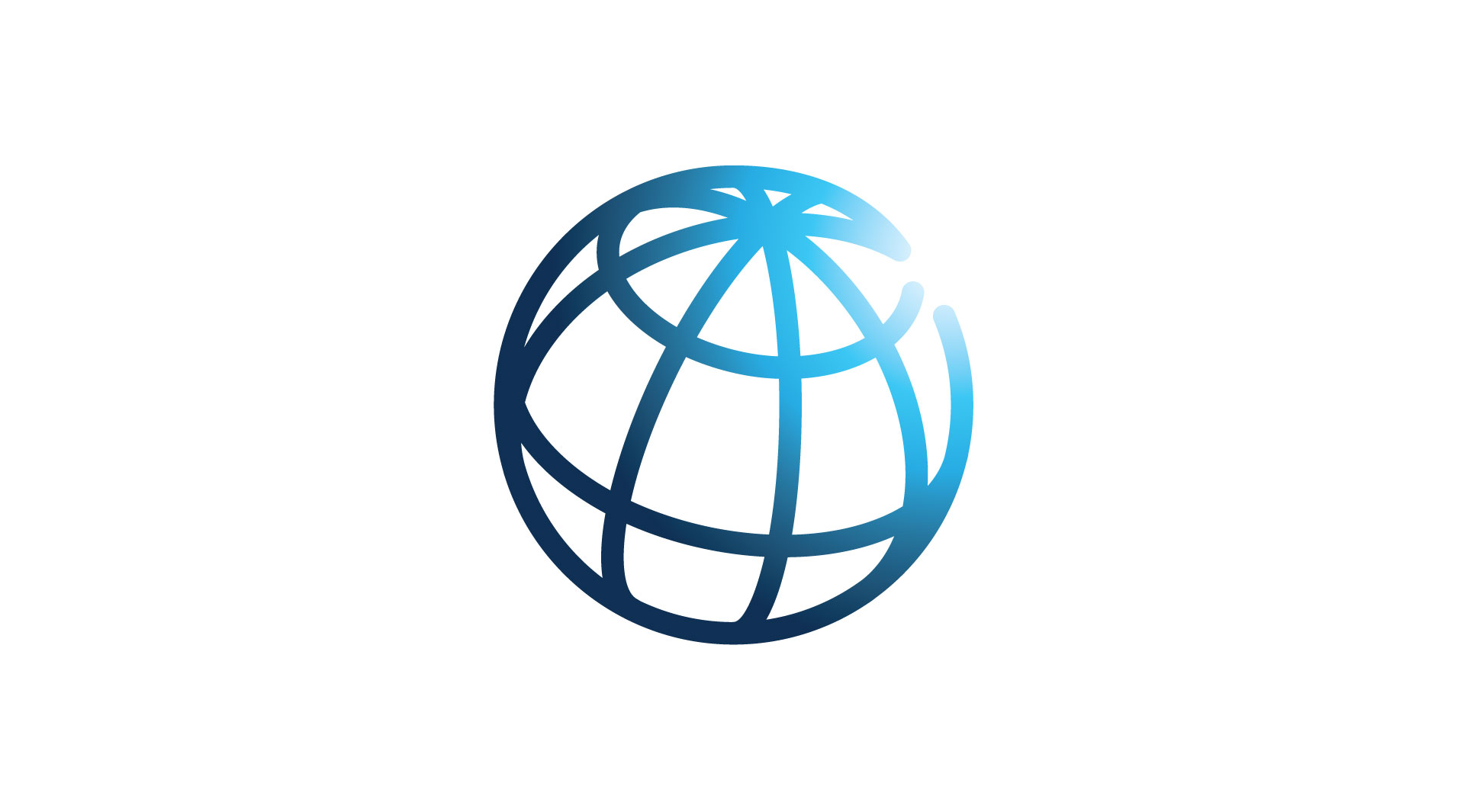Event highlights - NORRAG Expert invited to present to World Bank’s Education Finance Thematic Group
On September 22, 2020, Arushi Terway, Senior Lead Research Associate at NORRAG and director of the portfolio on private sector engagement in education at NORRAG, participated as invited speaker on the World Bank event “A review of Innovative Financing Mechanisms in Education”. The event was part of the BBB Series organized by the Education Finance Thematic Group that aims to provide a space to share recent findings, innovative expertise, and implementation challenges and successes that are relevant to the Bank’s work in education.
Arushi Terway’s presentation provided an in-depth analysis of the emerging phenomena of innovative financing for education (IFE) drawing on the ground-breaking research developed within NORRAG in the last two years. She discussed the findings of the recently published systematic literature review on the topic, especially how the education sector has understood and conceptualized innovative financing (IF), how it has been experimenting with it and what are its benefits and limitations. The presentation was illustrated by concrete examples coming from in-depth case studies on designing and implementing innovative financing arrangements in diverse countries such as Argentina, Ethiopia, India and South Africa.
A lively discussion kickstarted by the session’s discussant Harry Patrinos, Practice Manager of Education at the World Bank, followed. Critical points on IFE were debated such as the high design and transaction costs of these mechanisms, why education has been slow in experimenting with IF when compared to other sectors, how perverse incentives are being addressed by new mechanisms which specifically target marginalized populations, and the different rationales for IF used in different education levels. The issue brought up by Arushi Terway’s presentation on the need for more empirical data and evidence not on the effectiveness of specific programmes, but on the effectiveness of innovative financing mechanisms in the education sector, was highlighted as critical by the discussant and by several participants. It was also discussed how the field needs more data-based research comparing traditional and innovative financing mechanisms.
As part of NORRAG’s efforts to build empirical evidence on the use of IF in improving provision, quality and equity in education, several additional in-depth case studies on IFE experiences in various contexts of the Global South will be coming out soon.
Events and tailored workshops are also coming next as part of NORRAG’s focus on strengthening capacity of both education and financing professionals in discussing and engaging with IFE. Please check the IFE events page for upcoming activities.
In the meantime, we invite you to dive into the various resources that have been published recently:
- Innovative financing for education: a systematic literature review
- Case studies of the implementation of IFE in diverse contexts in the Global South
- Animation videos describing and illustrating how IFE mechanisms operate
| view the slides here. |
| watch a recording of the seminar here. |

